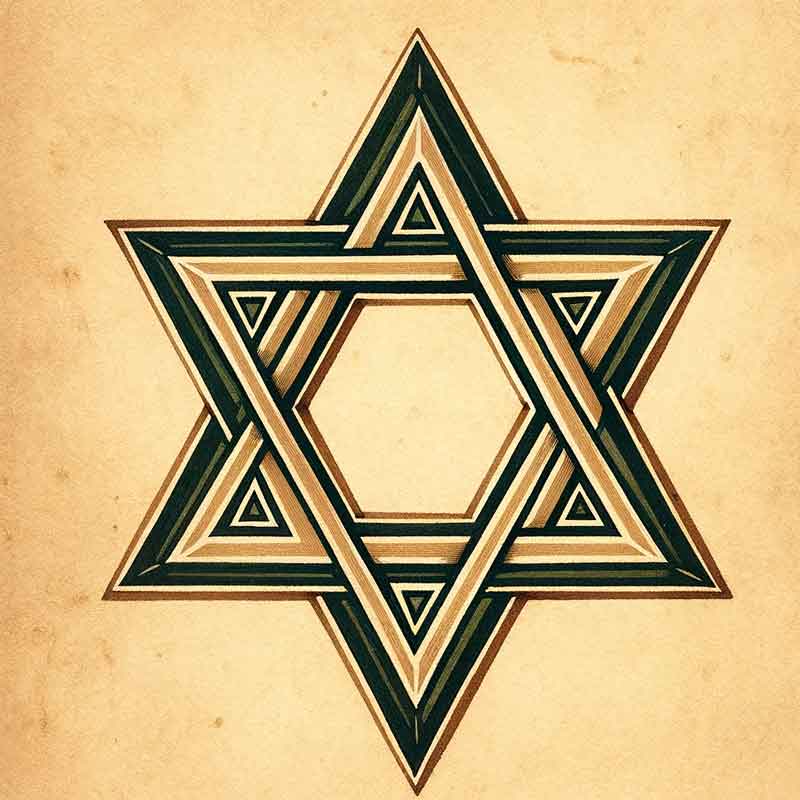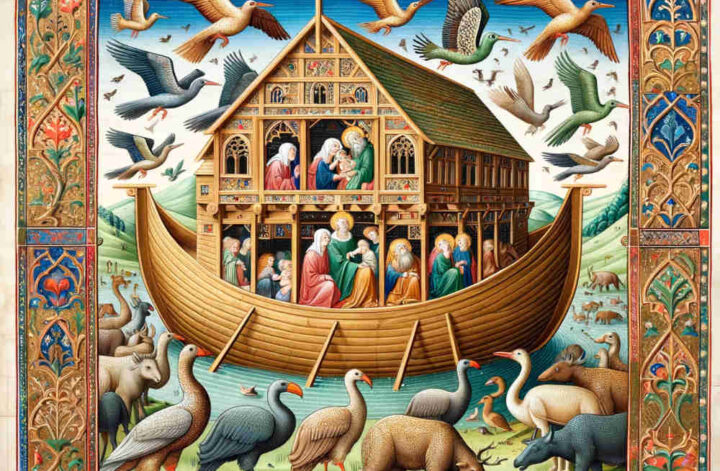Email from a reader: “Dear Rabbi Joshua, I often come across the term ‘scoffer’ in religious texts. Could you explain what a scoffer is, especially in the context of Jewish philosophy and teachings? Thank you, Michael Johnson”
Dear Michael,
Your inquiry into the concept of a scoffer is quite insightful, as it touches upon a character type often discussed in Jewish literature, particularly in the context of ethical and moral behavior.
Definition of a Scoffer:
In Jewish thought, a scoffer (in Hebrew, ‘Letz’) is someone who mocks or derides sincerity, earnestness, or righteousness. This attitude is seen as detrimental not only to the individual’s moral and spiritual well-being but also to the fabric of society as a whole.
Biblical References:
The idea of the scoffer is frequently mentioned in the Book of Proverbs (Mishlei), which contains a wealth of wisdom regarding ethical living. For instance, Proverbs 3:34 states, “He scorns the scorners, but He gives grace unto the lowly.” This verse highlights the negative view of scoffing and the positive value of humility.
Characteristics of a Scoffer:
A scoffer in Jewish literature is often characterized by cynicism and a dismissive attitude towards values, ethics, and often religious observance. Such a person may ridicule sincere efforts at piety, mock those who uphold moral standards, or deride serious contemplation and study of spiritual matters.
The danger of the scoffer’s attitude lies in its potential to erode respect for moral and spiritual values, leading to a coarser, less compassionate society.
Jewish Ethical Teachings on Scoffing:
Jewish teachings strongly discourage scoffing and cynicism. The Ethics of the Fathers (Pirkei Avot 3:3) warns, “Be careful with the authorities, for they do not befriend a person except for their own needs.” This teaching cautions against insincerity and the scoffing attitude that can accompany it.
Moreover, Jewish wisdom teaches the value of constructive speech and encourages positive, respectful discourse. Mockery and derision are seen as destructive to both personal character and communal harmony.
Conclusion:
Michael, in Jewish philosophy, a scoffer represents an attitude to be avoided. The emphasis is on cultivating sincerity, humility, and a genuine respect for moral and spiritual values. By understanding the negative implications of scoffing, we can strive to create a more respectful and ethical community.
Warm regards,
Rabbi Joshua


